Low Nitrogen Fall Fertilizer for z10?
Kippy
11 years ago
Related Stories

GARDENING GUIDESGet on a Composting Kick (Hello, Free Fertilizer!)
Quit shelling out for pricey substitutes that aren’t even as good. Here’s how to give your soil the best while lightening your trash load
Full Story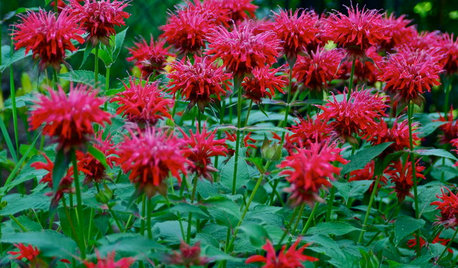
GARDENING GUIDES10 Deer-Resistant Native Flowers to Plant This Fall
Learn about natives that embrace some kinds of wildlife but resist grazing deer
Full Story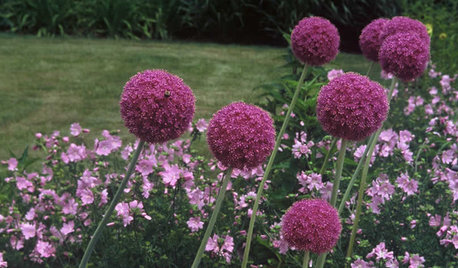
GARDENING GUIDES6 Unsung Bulbs for Fall Planting
Don't hang up your spade after summer — plant these unusual bulbs in fall for a spectacular spring show
Full Story
GARDENING GUIDESHow to Keep Your Citrus Trees Well Fed and Healthy
Ripe for some citrus fertilizer know-how? This mini guide will help your lemon, orange and grapefruit trees flourish
Full Story
GARDENING GUIDESHow to Switch to an Organic Landscape Plan
Ditch the chemicals for a naturally beautiful lawn and garden, using living fertilizers and other nontoxic treatments
Full Story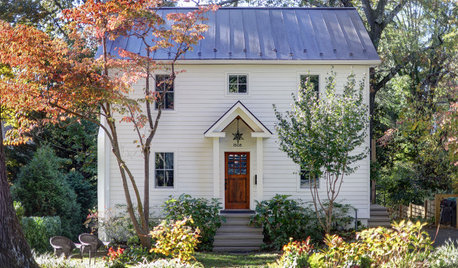
FALL GARDENINGMake This Fall’s Garden the Best Ever
Learn the most important tip for preventing buyer’s remorse, plus get more valuable buying and planting advice
Full Story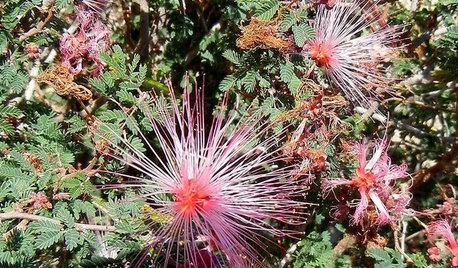
GARDENING GUIDESGreat Design Plant: Low-Maintenance Calliandra Eriophylla
Pink, puffy flowers of pink fairy duster transform the lacy foliage of this desert native in spring
Full Story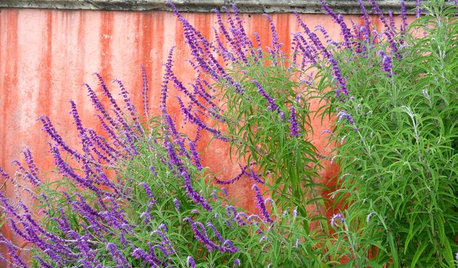
GARDENING GUIDES10 Plants for Colorful Fall Blooms in the Drought-Tolerant Garden
Want fall color but not a big water bill? Consider these not-too-thirsty fall bloomers
Full Story
GARDENING GUIDESGarden Myths to Debunk as You Dig This Fall and Rest Over Winter
Termites hate wood mulch, don’t amend soil for trees, avoid gravel in planters — and more nuggets of garden wisdom
Full Story
FALL GARDENING5 Ways to Put Fall Leaves to Work in Your Garden
Improve your soil and yard the organic way with a valuable garden booster that grows on trees
Full StoryMore Discussions






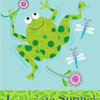
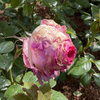


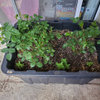
kstrong
michaelg
Related Professionals
Bridgetown Landscape Architects & Landscape Designers · Folsom Landscape Architects & Landscape Designers · Middle Island Landscape Architects & Landscape Designers · Brooklyn Center Landscape Architects & Landscape Designers · Hartford Landscape Contractors · Addison Landscape Contractors · Alamo Landscape Contractors · Belvedere Park Landscape Contractors · Brooklyn Park Landscape Contractors · Duarte Landscape Contractors · Mahwah Landscape Contractors · Parkland Landscape Contractors · Ponte Vedra Beach Landscape Contractors · Seven Hills Landscape Contractors · Goldenrod Landscape Contractorsseil zone 6b MI
harmonyp
strawchicago z5
KippyOriginal Author
strawchicago z5
KippyOriginal Author
strawchicago z5
michaelg
strawchicago z5
KippyOriginal Author
jerijen
HerdingCats
michaelg
ken-n.ga.mts
HerdingCats
michaelg
strawchicago z5
jerijen
KippyOriginal Author
jerijen